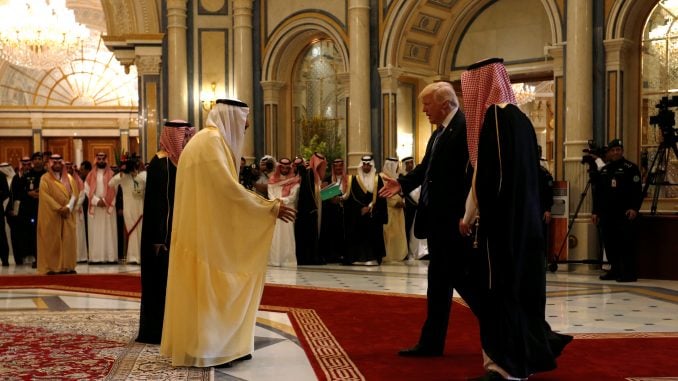
There may be no greater testament to the dramatic scale of the shale-energy revolution than projects such as the Jordan Cove terminal and pipeline. Jordan Cove, in Oregon, has been in the news recently after a local referendum to kill the project failed. But the more remarkable aspect is that Veresen, the Canadian company pursuing the pipeline project, is still considering it at all.Jordan Cove is one of a number of projects on both coasts that was first conceived as a way to get liquefied natural gas (LNG) into America. The North American supply of hydrocarbons had peaked, we were all told, and importing was the only short-term answer to America’s energy needs.Then hydraulic fracturing opened up the nation’s vast shale deposits, and U.S. production of both oil and gas has increased dramatically. The pipeline projects are where the revolution of America’s energy fortunes is literal: first planned to get LNG into the country, projects designers flipped the plans over so that they can now export the resource to other parts of the globe.The 180-degree shift is affecting more than prices at the pump and the domestic economy. It is also beginning to affect longstanding geopolitical realities. If these supposed realities haven’t exactly been turned around as the pipelines have, they have at least been turned from sureties into questions, and will increase American bargaining power in the process.The member nations of OPEC are the biggest losers. For half a century, the oil cartel has had the ability to bring the western powers to their knees. But Mohammad Barkindo, OPEC’s secretary-general, admitted this week that those days are over.”What we did is history,” Barkindo told the Wall Street Journal when asked about OPEC’s ability to control prices on its own. “It’s a complete turnaround, a new chapter.”While OPEC’s oil production has been flat over the past decade, in the United States it has jumped 75 percent. Oil from Russia, Brazil, and Canada has also lightened OPEC’s hand in the market. And while Russia and others often go along with OPEC supply decisions, adding more countries and regions to the mix means new partners with different cultures and priorities (the five original OPEC countries were Iran, Iraq, Kuwait, Saudi Arabia, and Venezuela).OPEC can still turn the screws of production to affect prices. But it must turn harder, and wait longer, than ever before. Nearly six months ago, the 13 members of OPEC and 11 other oil-producing nations agreed to a 2 percent production cut. Oil futures jumped on the news, but half a year later, the price per barrel is around $50, up only slightly from the autumn and nowhere near the $60-a-barrel target that OPEC wanted.The reason is partly production gains in non-agreement countries, but also the amount of oil in storage, a supply that can immediately flood the market when production slumps. Historically, the long lead time and consistent production over time of oil-drilling projects meant that price was the only way markets could respond to drops in production. But shale oil drillers can ramp up and down much more quickly than traditional producers, and most are outside the cartel’s control.How is all of this affecting geopolitics? Witness President Donald Trump the same Trump whom Western media tries its best to portray as an anti-Muslim crusader on par with Pope Urban II being hailed as a state hero in the land of Saud and sand. To be sure, this welcome is mostly due to the threat of Iran and terrorism. The U.S. and Saudi Arabia need each other to keep peace in the Middle East. Saudi Arabia needs to sell its oil to the U.S., and we need to buy it. None of that is new.But there has been a change. Saudi Arabia recognizes that the relationship is growing slowly toward a mutual agreement rather than a trade-induced pact where one side usually had the upper hand. Eventually, that new dynamic will manifest in ways that will benefit America’s interests. It is possible that even and I shudder just to suggest it the Iran-terrorist threat and the changing relationship with Arab nations will produce some détente and a way forward for Israel and its neighbors in the Middle East.All this is good news for the United States, which is why it is no surprise that you won’t read about it much. Oil, Trump, and America keeping the peace? That’s a recipe for changing the subject.
Drew Elliot is a member of the North State Journal’s editorial board, separate from the news staff. Unlike other newspapers, the North State Journal does not publish unsigned editorials; the author or authors of every editorial, letter, op-ed, and column is prominently displayed. To submit a letter or op-ed, see our submission guidelines.



